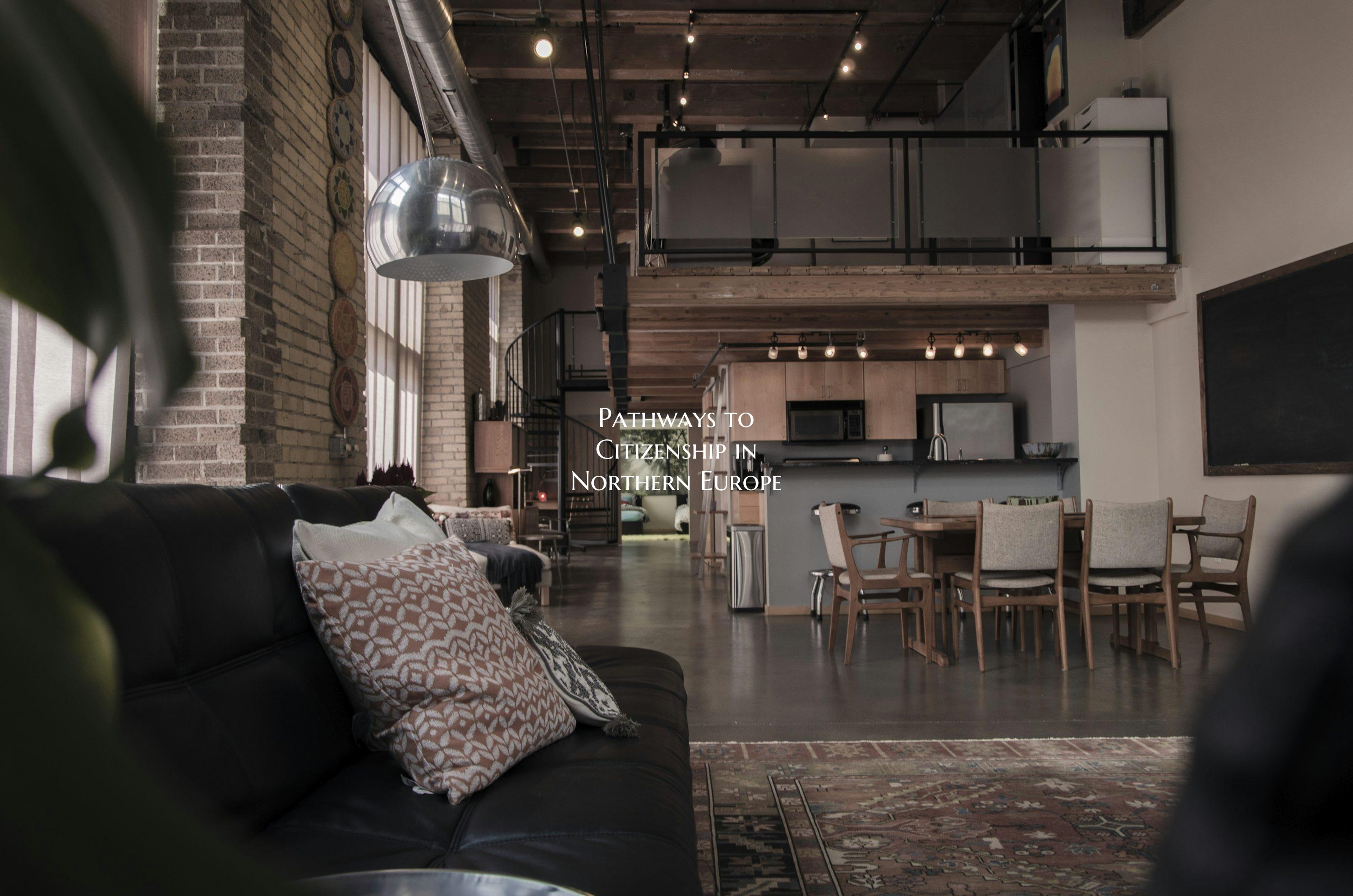Pathways to Citizenship in Northern Europe

Introduction: Northern Europe is known for its progressive social policies, including pathways to citizenship that embrace diversity and inclusivity. This region offers various routes for individuals to become citizens, providing opportunities for integration and participation in broader society. Understanding the pathways to citizenship in Northern Europe is essential for immigrants seeking to establish themselves in these countries.
1. Citizenship by Birth: In most Northern European countries, individuals born on the country's soil automatically acquire citizenship, known as jus soli. This pathway ensures that children born in these countries have a direct connection to the nation and its rights and privileges.
2. Citizenship by Descent: Another common pathway to citizenship in Northern Europe is through descent, known as jus sanguinis. This means that individuals with at least one parent who is a citizen of the country can claim citizenship, irrespective of where they were born. This pathway maintains ties to ancestral heritage and facilitates the integration of descendants into society.
3. Naturalization: Naturalization is a process through which foreign nationals can become citizens of a country where they have established residency. In Northern Europe, naturalization requirements often include a period of continuous residence, knowledge of the language and culture, and a commitment to upholding the country's laws and values. This pathway encourages immigrants to integrate fully into society and become active participants in their new home.
4. Humanitarian Pathways: Some Northern European countries offer pathways to citizenship based on humanitarian grounds, such as providing refuge to individuals fleeing persecution or conflict. Special provisions may be made for those in need of protection, fast-tracking their citizenship applications to ensure their safety and security.
5. EU Citizenship: Citizenship in one Northern European country may also grant individuals EU citizenship, allowing them to enjoy the rights and mobility that come with being a citizen of the European Union. This interconnectedness offers additional opportunities for Northern European citizens to live, work, and study across the EU member states.
Conclusion: The pathways to citizenship in Northern Europe reflect the region's commitment to inclusivity, diversity, and societal cohesion. By providing multiple routes for individuals to become citizens, these countries embrace the values of equality and integration, ensuring that all members of society can contribute and thrive. Understanding these pathways is crucial for immigrants seeking to build a new life in Northern Europe and become an integral part of their adopted homeland.
